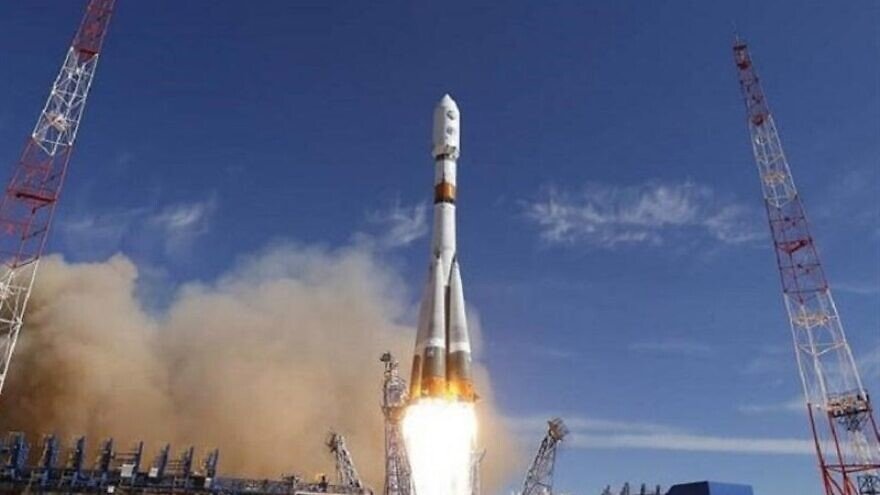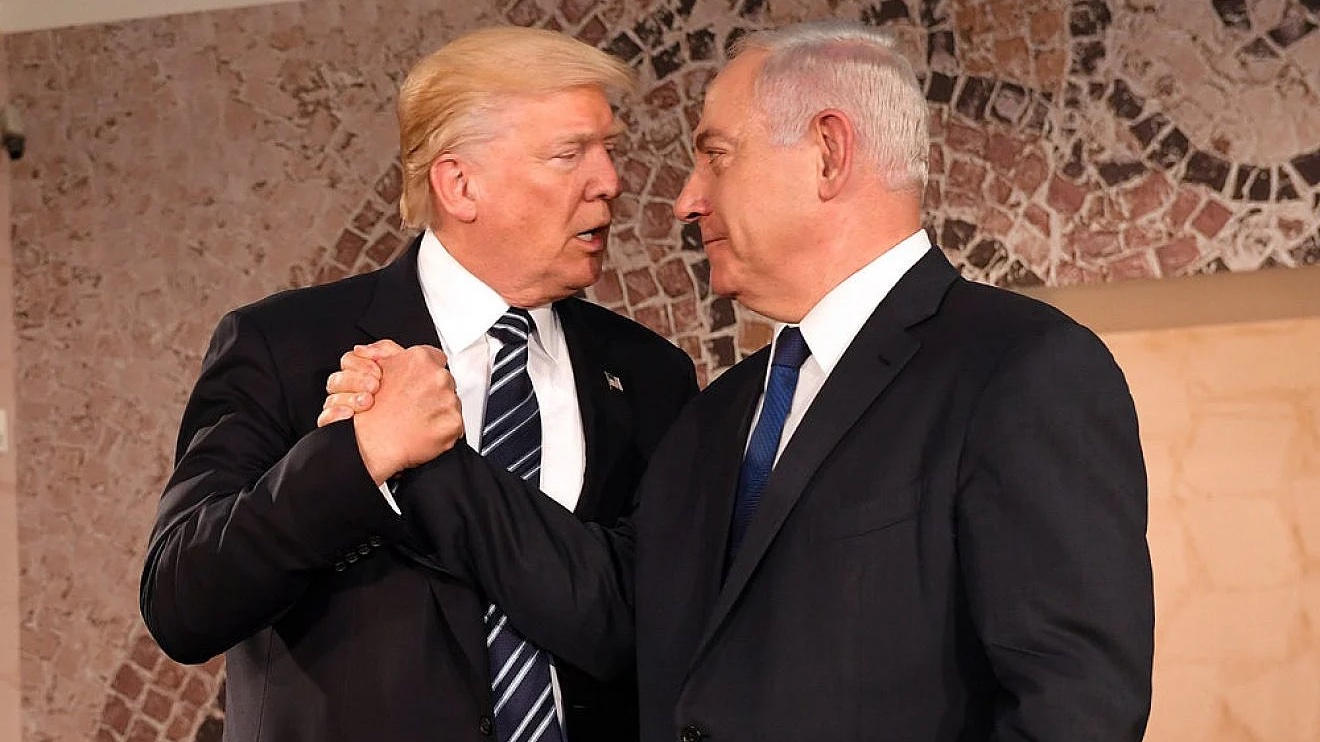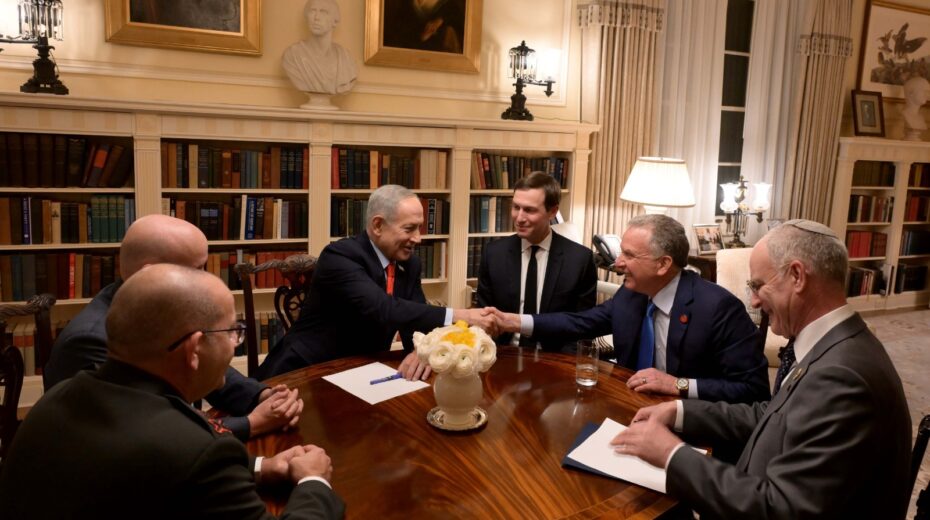Two nations topping the list of military threats to Israel, Russia and Iran, underwired their alliance this week with the launching Tuesday of an Iranian spy satellite aboard a Russian rocket, and its successful deployment into orbit.
And the Israeli press reported Wednesday that Iran had begun training Russian forces in the use of drones the Kremlin plans to use in its war on Ukraine.
Iran, whose government has for 43 years been sworn to the destruction of “the Zionist entiry”, and Russia, which under Vladimir Putin has become increasingly belligerent towards Israel, have been working on their strategic relationship since the dissolution of the Soviet Union.
Their alliance has grown significantly stronger since the Syrian civil war saw the US lose much of its sway over the Middle East, while Russia’s influence was significantly upgraded.
Three weeks ago, Putin made a rare visit to Iran where he met with Iranian Supreme leader Ayatollah Ali Khamanei. The main purpose of the summit was purportedly to discuss grain exports. Following their talks, however, Khamanei spoke to strengthening the Islamic Republic’s ties with the Federation, and took Russia’s side against Ukraine.
Disquieting Jerusalem and its US ally are Tehran’s responses to allegations of its anti-Israel and anti-West activities. Taking a leaf out of Russia’s playbook – which was so evident in the runup to Russia’s invasion of Ukraine – the Iranians have learned to obfuscate the truth with half-truths in order to achieve its goals.

Iranian Arms – Sadid-345 precision-guided bombs and Shahed UAVs Photo: Fars Media Corporation/Wikipedia Commons
Less than a month ago, just before Putin’s visit, Iran played down US assertions that it planned to supply Russia with several hundred drones – including versions capable of carrying arms. Iranian foreign minister, Hossein Amir-Abdollahian was emphatic that Tehran would not take sides in the conflict. Putin, for his part, said he would not be discussing drones while visiting Tehran.
Iranian drone technology has been exported to, among others, Ethiopia, Iraq, Lebanon, Syria and Yemen.
In announcing the placing of its Khayyam satellite into space, Tuesday, Iran insisted that it would retain exclusive control over the satellite, and that it would be used to monitor the environment for civilian purposes only. “No other country would have access to the information gathered” on its high-resolution camera.
But five days earlier, The Washington Post had reported Russia’s intention to launch the spy satellite for Iran, but to use it first over Ukraine. According to two US officials, Moscow told Tehran “it plans to use the satellite for several months, or longer, to enhance its surveillance of military targets” in Ukraine.
The US believes the satellite will enable Iran to monitor sensitive sites and potential military targets across the Middle East.
For its part, Iran’s Space Agency chief, Hassan Salarieh, called the spying allegation “basically childish.”
“Sometimes, some comments are made to incite tensions; saying that we want to spy with the Khayyam satellite… is basically childish,” he said.
“The Khayyam satellite is entirely designed and built to meet the needs of the country in crisis and urban management, natural resources, mines, agriculture and so on.”











